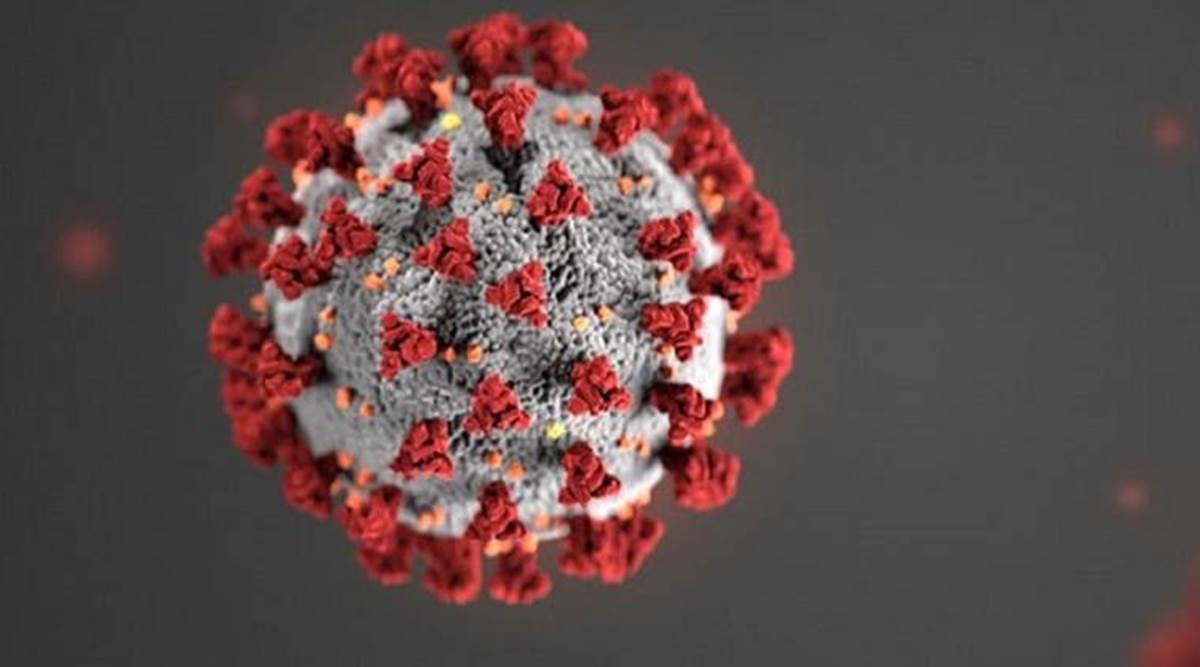 According to the findings of the WHO, patients whose symptoms have resolved, may still test positive for COVID-19 virus for several weeks. (Representational)
According to the findings of the WHO, patients whose symptoms have resolved, may still test positive for COVID-19 virus for several weeks. (Representational)A senior doctor’s patient retested COVID positive after 17 days of quarantine after he made a choice to test again for the safety of his family and the community. He tested positive for the second time, and was asked by the authorities to quarantine again for 17 days, which prompted the doctor to address a letter this week to the Deputy Medical Superintendent, GMSH, Sector 16, to clarify the stance of the government on quarantine of COVID positive patients who test positive after 17 days, and direct doctors on the way forward on this issue.
“The government recommends no test after 17 days of quarantine. If people go out after 17 to 18 days without being tested again, many of them will be positive, albeit would be shedding low quantum of virus. This person was extra cautious to get it done by choice, but does not need to be re-quarantined and probably needs to be isolated for five more days. Shedding of viral particles will be negligible after 15 days, so the chance of contagion is very low. Also, viral shedding is more in symptomatic patients, through sneezing, coughing, talking, breathing and less in asymptomatic patients. So, all that we are asking is their stance on this issue,” the doctor says.
The WHO, on May 27, 2020, published an updated guidance on the clinical management of COVID-19, presenting recommendations on the criteria for discharging patients from quarantine or isolation. According to the findings, which the organisation reflected upon was that patients whose symptoms have resolved, may still test positive for COVID-19 virus for several weeks. In spite of this positive test, the patients are not likely to be infectious and are unlikely to be able to transmit the virus to someone.
Viral shedding, explains Dr Vikas Bhutani, Director Internal Medicine, Fortis Hospital, is when a virus replicates inside the host’s body and is released into the environment and at that point, it may be contagious. After the onset of illness, the detectable viral burden usually declines over a period of time and reaches low/negligible levels at day 10. For most patients with COVID-19, efforts to isolate live virus from upper respiratory tract specimens across the globe have been unsuccessful when specimens are collected more than 10 days after illness onset. Recovery of live virus between 10 and 20 days after symptom onset has been documented in some persons with severe COVID-19, especially immuno-compromised.
“As per the data and experience with other viral respiratory infections indicate that most persons recovered from COVID-19 who test persistently or recurrently positive by RT-PCR are likely no longer infectious. As per CDC, USA, isolation and precautions may be discontinued for persons with COVID-19, 10 days after symptom onset, the date on which symptoms first began, including non-respiratory symptoms, provided their fever has resolved for at least 24 hours, without the use of fever-reducing medications, and their other symptoms have improved. For some persons with severe disease and immuno-compromised state, precautions have to be maintained for up to 20 days after symptom onset. So, no, repeat quarantine is not required, as these patients are not likely to be infectious.”
For persons who remain asymptomatic following recovery from COVID-19, retesting, even as part of a contact tracing investigation, is not necessary during the first three months after the date of symptom onset. When a positive test occurs less than three months after the person’s symptom onset of their most recent illness, it is most likely that the positive test represents persistently positive test associated with the previous infection.
“Whereas, if a positive test occurs more than three months after a person’s symptom onset, then consider the possibility of re-infection,” Dr Bhutani explains.
Prof R K Kochhar, head, Department of Gastroenterology, and Sub-Dean, PGIMER, says, “We were earlier testing patients twice before releasing them, but now new studies and research have shown that viral shedding is very less after 10 days, so that means the patient will not be infectious and another isolation or quarantine is not needed and testing again is also not significant.”
📣 The Indian Express is now on Telegram. Click here to join our channel (@indianexpress) and stay updated with the latest headlines
For all the latest Chandigarh News, download Indian Express App.